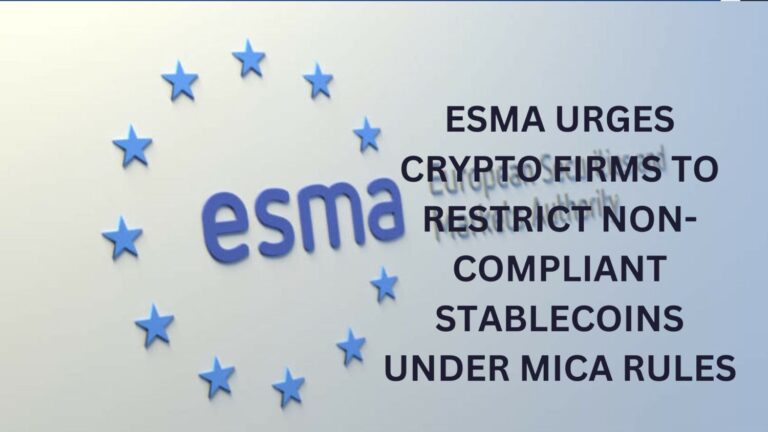Key takeaways:
- Lejilex and the CFAT have filed a lawsuit against the SEC, requesting that the court make a ruling regarding the legality of digital assets on the secondary market.
- The lawsuit accuses the SEC of one count, citing the Declaratory Judgement Act and a 2007 case as precedents.
Lejilex, a company that sells digital assets, and the Crypto Freedom Alliance of Texas (CFAT) have filed a lawsuit against the SEC, requesting that the court make a ruling regarding the legality of digital assets that are sold on the secondary market.
On February 21, CFAT and Lejilex filed a lawsuit in the Northern Texas District Court located in Fort Worth against the SEC. Legit.Exchange is the name of the cryptocurrency exchange that Lejilex intends to open. Mike Wawszczak, one of the co-founders of Lejilex, is listed on LinkedIn as an attorney and the general counsel of Alliance DAO.
The lawsuit accuses the SEC of one count, citing the Declaratory Judgement Act and a 2007 case as precedents. The plaintiffs are requesting several decisions from the court, such as:
“Declare that secondary-market sales of digital assets like the ones that LEJILEX intends to facilitate through the Legit.Exchange are not sales of securities as defined by the Exchange Act of 1934 and the Securities Act of 1933”
Furthermore, they request that the court rule that Lejilex, as the exchange’s operator, is not an unregistered broker or clearing agency and that Legit.Exchange is not an unregistered securities exchange.
The plaintiffs contended that the new position that almost all transactions involving digital assets fall under the purview of federal securities laws as “investment contracts” is embraced by the SEC’s recent enforcement actions. It went on:
“That position threatens law-abiding participants in the digital asset industry with an imminent risk of being subjected to SEC enforcement actions for failing to comply with the SEC’s exaggerated understanding of its own authority.”
According to Lejilex, Legit.Exchange is a noncustodial digital asset trading platform that facilitates user-to-user trading through smart contracts. Users wouldn’t ever be aware of one another’s identity.
Lejilex would not maintain custody of user assets; instead, it would regulate which assets may be traded and perform services like verification for a fee. The startup hopes to launch Legit.Exchange before the end of the year, according to its website.
Based on its website, Lejilex was established in 2023. September is when it first appeared on X (formerly Twitter). In September, CFAT was also established. Other nonprofit supporters include Blockchain Capital, Ledger, a16z Crypto, Coinbase, Bain Capital Crypto, and Paradigm.
The Howey test was extensively covered in the lawsuit. The Wahi case and the SEC’s efforts against LBRY, Binance, and many other companies were also mentioned.









